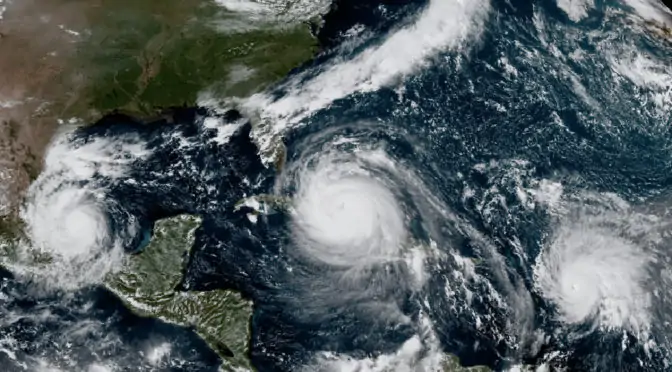Impact on Issues ➚ Activation of NATO Art. 5 by the U.S. (Still not started, seen as far away, yet issue on the agenda) ➚ ➁ NATO military involvement in North Korea, thus EU and European states’ military entanglement in North Korea ➚ ➁ World War ➘ Independent European Common Foreign and Security Policy – ➘ Independent European Member …
Continue reading “Signal: North Korea Discussed as an Issue among NATO Ambassadors…”








